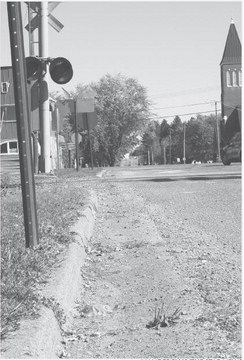Over-the-counter medicines can increase fall risk
Falls are the leading cause of fatal and non-fatal injuries among older adults, posing a significant threat to their safety and independence. While many older adults rely on over-the-counter (OTC) medications for relief from common ailments, it's important to understand the potential risks these medications pose, particularly in relation to falls.
“Some over-the-counter medications that can increase fall risk for the elderly population are those used for allergies and/or motion sickness,” says Stetson Potrykus, a pharmacy resident at Aspirus Health. These medications may cause side effects such as blurry vision and loss of balance, significantly heightening the risk of falls.
To mitigate these risks, caregivers should be vigilant in recognizing signs like increased sleepiness, drowsiness, or memory issues, which may indicate a need to review OTC medications. Potrykus advises, “If you're experiencing side effects from these medications, I would recommend reaching out to your provider.”
A pharmacist or health care provider can assess whether side effects are increasing the risk of falls and help identify fewer sedating alternatives for managing allergies and motion sickness. For this reason, Potrykus emphasizes the need to keep your doctor informed: “The most important thing about taking over-the-counter medications is making sure your doctor knows that you're taking them.”
Falls can lead to further physical decline, depression, social isolation, and feelings of helplessness. However, they are preventable. By fostering open dialogue with health care providers and remaining alert to potential side effects, families can better protect their loved ones and promote safer medication practices.
For additional resources on preventing falls among the elderly, visit https://www.aspirus.org/falls-prevention.


